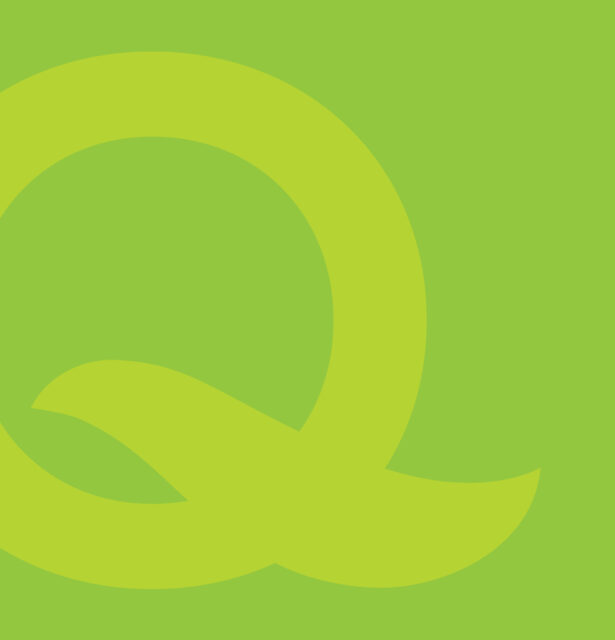Eliminated the need to print paper charts: 70% decrease in time spent on printing peer review documents. Improved efficiency in the exchange of Peer Review Summaries: 62% decrease in time delivering charts. Created one repository to store, abstract, and trend peer review data to guide improvement priorities for Improved Clinical Outcomes.
The Peer Review process was cumbersome involving lengthy printing and hand delivery of charts. Duties of printing, scanning, copying, delivery, and pickup monopolized valuable time on behalf of all stakeholders. A sample of 20 encounters was analyzed to assess this burden. Listening to the voice of the customers who all agreed that “an electronic score sheet is way overdue”, and “the inefficiency was tied up in the paper chase”, we began the journey to go electronic to eliminate waste, engage providers and improve quality. Embracing a digital peer review process has led to tangible improvements in efficiencies and outcomes.
Problem: The Peer Review process was cumbersome involving lengthy printing and hand delivery of charts. Duties of printing, scanning, copying, delivery, and pickup monopolized valuable time on behalf of all stakeholders
Measurement: A sample of 20 encounters was analyzed to assess this burden. We used time motion studies as well as tracking of resource utilization. The voice of the customers was also collected “an electronic score sheet is way overdue”, “the inefficiency was tied up in the paper chase”
Analysis: The PDSA was utilized to conduct a series of testing and improvement. We collected user technical requirements. We created a prototype based on the paper form and the user requirements. A before and after time study was conducted based on 20 encounters to assess the implementation and results
Implementation: We implemented it first in one department and then rolled it out to all clinical departments. Barriers included technical aspects in terms of security and access to the electronic form (physicians had all to have VPN to access the form offsite), as well as variability in the process

